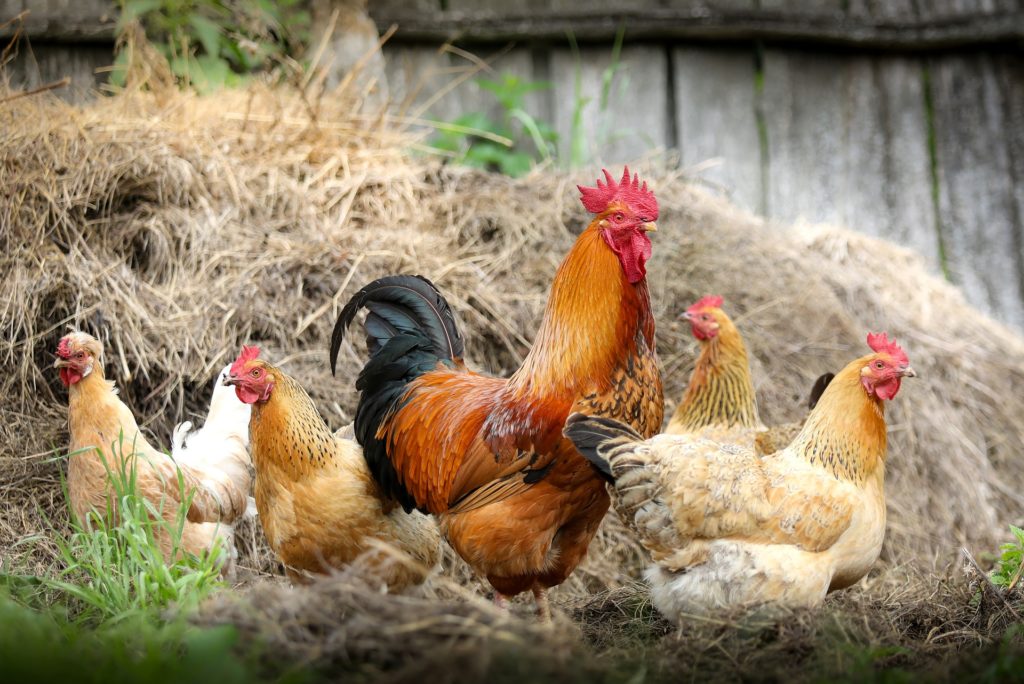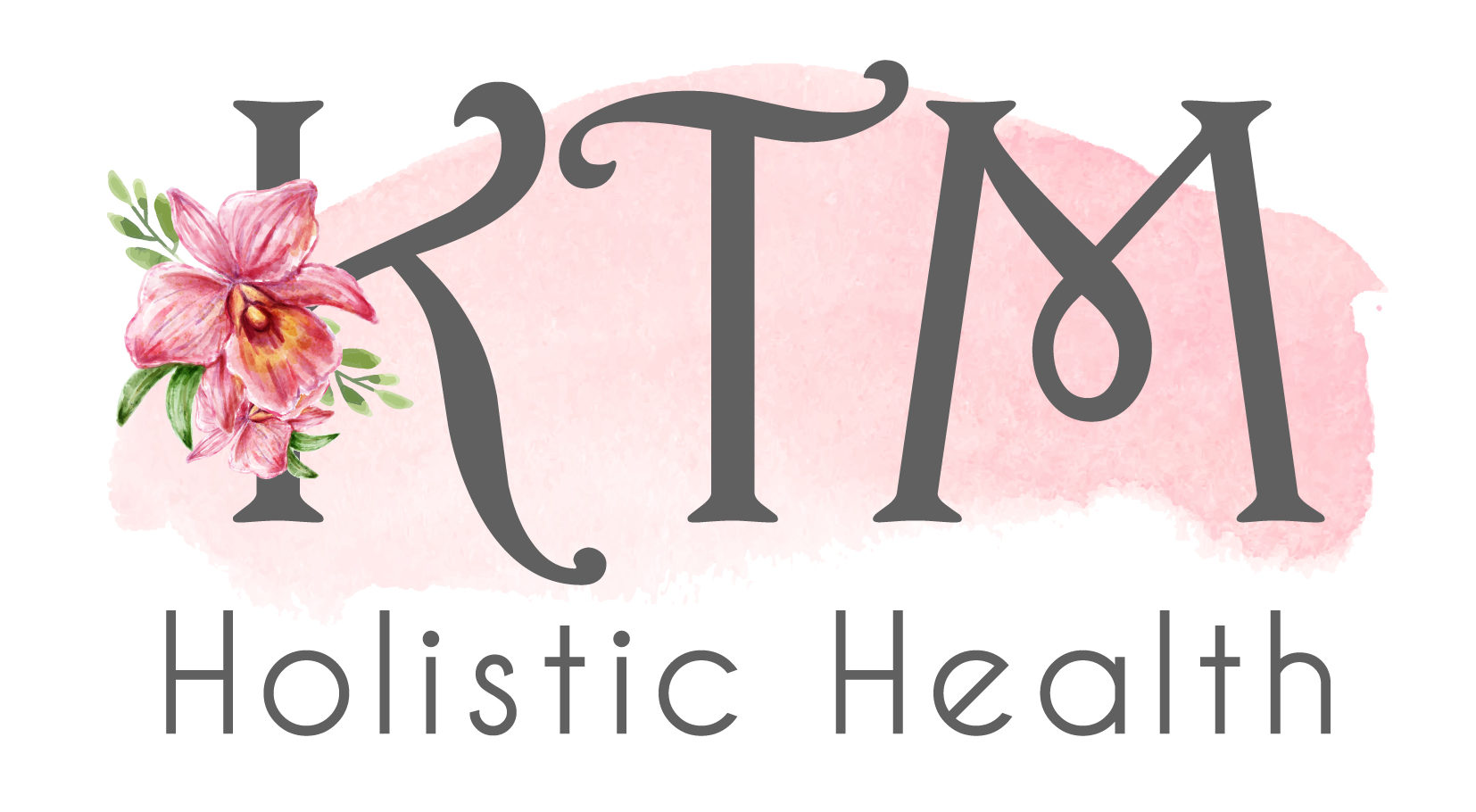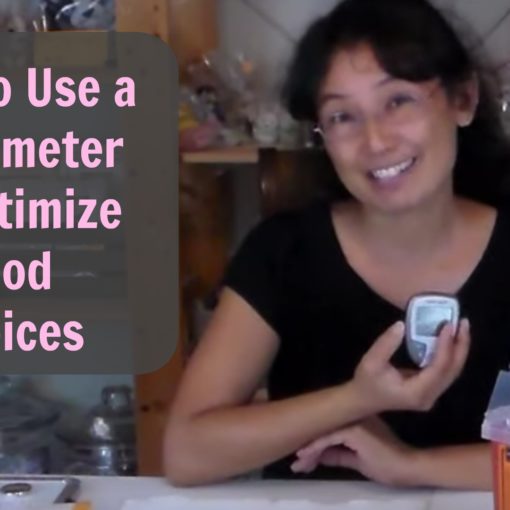
I’ve been raising all different breeds of chickens for 10 years now. It started as a bit of an addiction where anytime an online poultry shop would have a special, I’d HAVE to get that breed for “educational purposes”. I wanted to raise heritage chickens so I could get blue eggs, brown eggs, dark chocolate brown eggs, and everything in between.
Farm fresh eggs can be a super food and a very important part of your healthy diet. You probably eat eggs often, but did you know….
#1
Hens will lay eggs without the presence of a rooster- so almost all eggs you buy are non-fertile eggs. Roosters are great if you want to hatch out chicks, but it you are only producing eggs for sale (or live in a city with restrictions), there is no reason to have a rooster. So, even smaller scale farm eggs you buy at the farmer’s market are likely to be non-fertile eggs.
#2
A fertile egg at the right temperature and humidity will hatch into a chick in 19-21 days. It’s quite a miracle. It takes anywhere from 4-7 months depending on the breed before hens start laying eggs.
#3
Fresh eggs make the ugliest pock-marked hard boiled eggs! I tried for years to figure out how to make hard boiled eggs look smooth and beautiful. It turns out when eggs are fresh, there are minimal air pockets on the inside of the shell, so it’s hard to peel the shell off. The only solution I’ve found is to pressure cook it in the Instant Pot! If your egg ever floats, don’t eat it- that’s a really old egg!
#4
Hens add a natural protectant called a bloom when they lay their eggs. We never wash our eggs- and you should not have to if they are kept in a clean environment and have access to clean nests. Wet eggs allow bacteria to get through the pores of the egg shell, which makes washing them even less safe. And… if they are washed, you have to ask why? Was it covered in poop?
#5
Medicated feed for chickens is easily available to anyone. However, for a small flock that has plenty of room to free-range, there is rarely a need for medicated feed or any medication for that matter. In the 10 years I’ve raised chickens, I’ve had to deworm one group of hens when we had a particularly wet spring. I researched the safest medication to use and discarded the eggs during the withdrawal period. Because of how frequently people use medicated feed, It’s important to know your farmer and what they are feeding to their hens.


